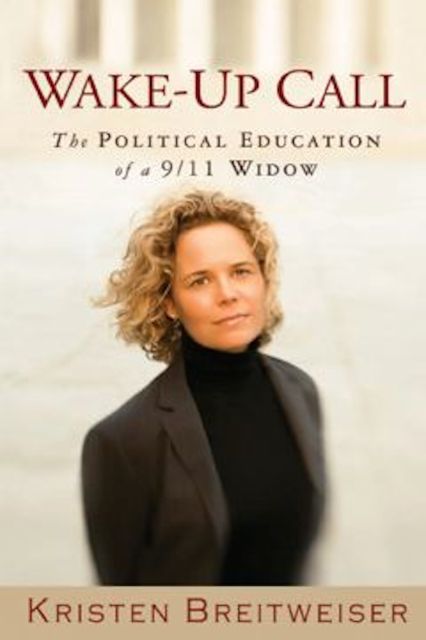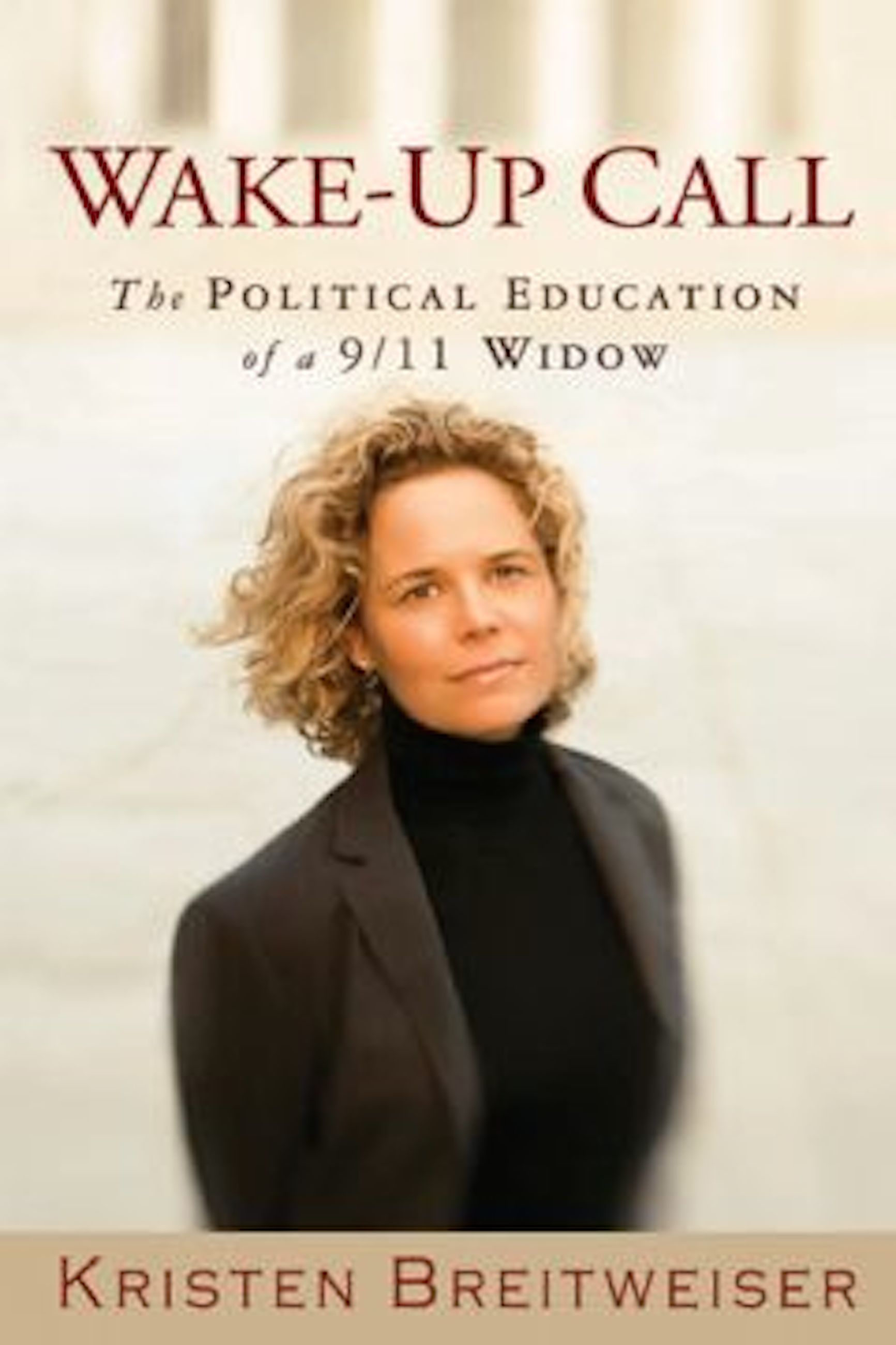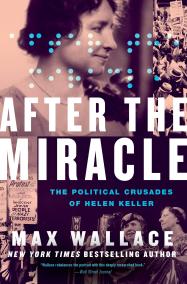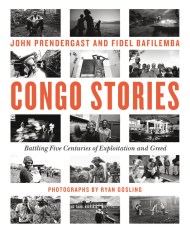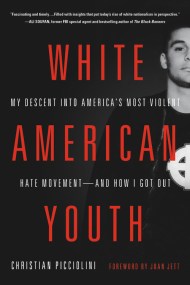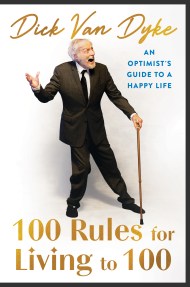By clicking “Accept,” you agree to the use of cookies and similar technologies on your device as set forth in our Cookie Policy and our Privacy Policy. Please note that certain cookies are essential for this website to function properly and do not require user consent to be deployed.
Wake-Up Call
The Political Education of a 9/11 Widow
Contributors
Formats and Prices
- On Sale
- Sep 6, 2006
- Page Count
- 304 pages
- Publisher
- Grand Central Publishing
- ISBN-13
- 9780759568327
Price
$11.99Price
$15.99 CADFormat
Format:
- ebook (Digital original) $11.99 $15.99 CAD
- Audiobook Download (Abridged)
This item is a preorder. Your payment method will be charged immediately, and the product is expected to ship on or around September 6, 2006. This date is subject to change due to shipping delays beyond our control.
Buy from Other Retailers:
Kristen Breitweiser was a happy young mother and housewife leading a privileged life. Then, on the morning of September 11th, 2001, the phone rang. It was her husband, Ron, calling from his office in the second tower. "Sweets, I'm ok. I'm ok. Don't worry. It's not my building," he said. Kristen didn't know what he was saying. He told her to turn on the television. He continued. "I see them. They're right there. Right across from me. And they're jumping. My God, they're jumping." The call ended abruptly and Kristen watched with horror as the second tower exploded. A huge, brilliant, red fireball.
In that frozen instant, she felt in her heart that he had been killed. This is the deeply personal, often shocking and ultimately inspirational story of a woman left to pick up the pieces of a life shattered by terrorism. With no husband by her side or father for her child, Kristen had to find the strength within herself to embark on a journey that would lead first to the creation of the 9/11 Commission and then to her role as one of the country's most outspoken activists and critics of the current administration.
Newsletter Signup
By clicking ‘Sign Up,’ I acknowledge that I have read and agree to Hachette Book Group’s Privacy Policy and Terms of Use
